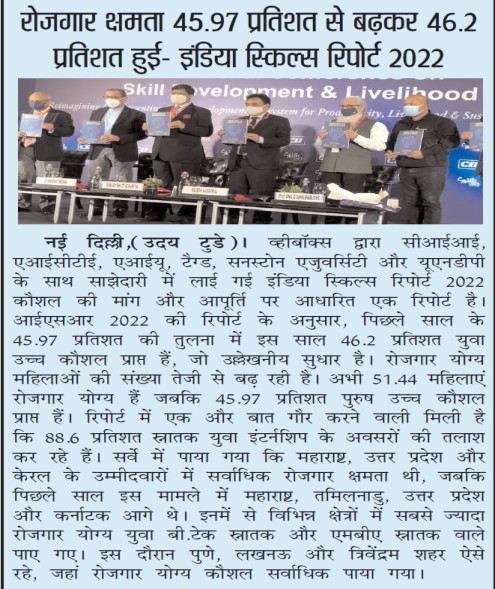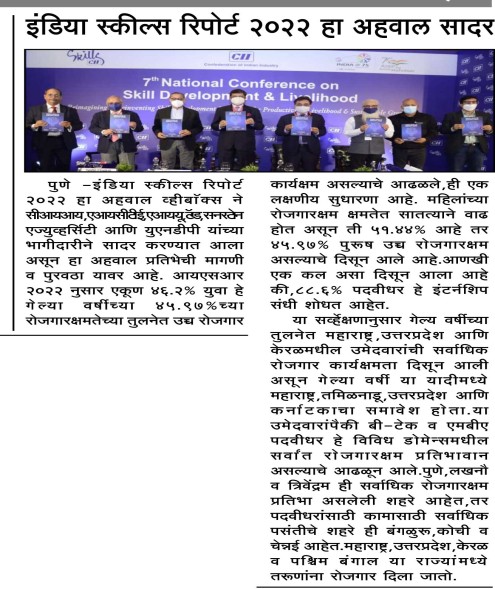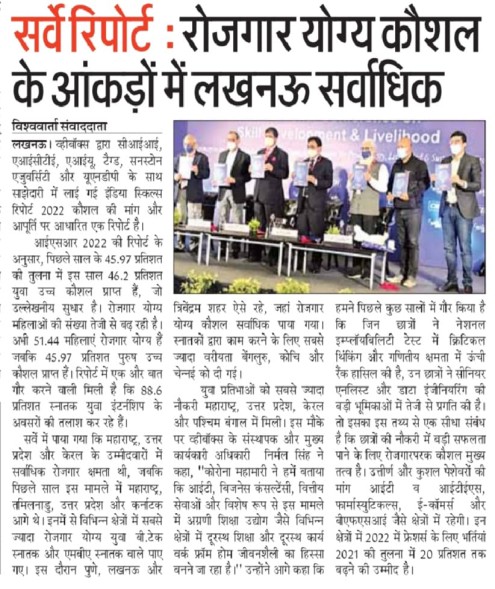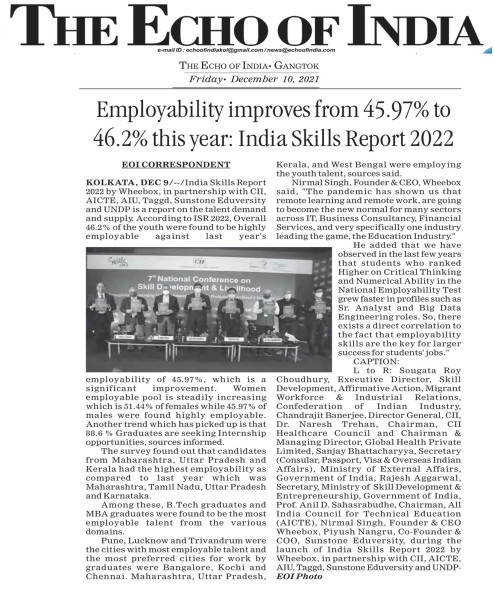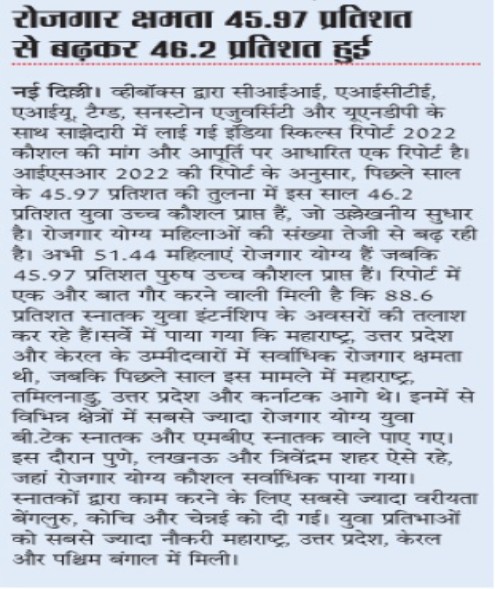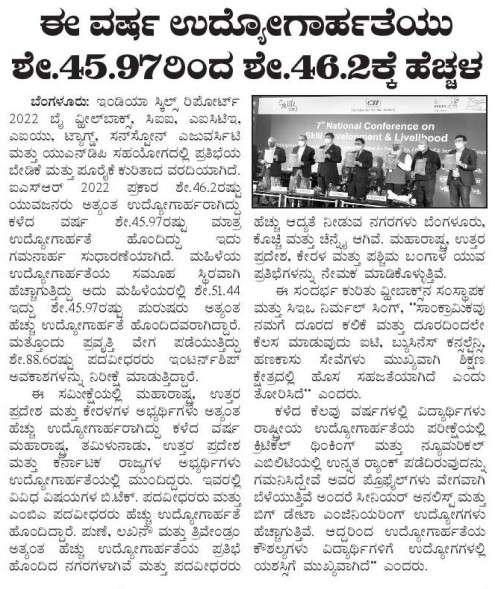Why is it important to assess the personality traits of potential employees?
The answer is simple - Because an employee's personality is an indicator of his/her success in a given role.
Personality traits are characteristics or patterns of thoughts, feelings, and behaviors that define an individual's unique personality. Assessing the personality traits of potential employees is an important aspect of the hiring process as it can provide valuable insight into how well a candidate will fit within the company culture and how they will interact with their colleagues.
Personality traits can indicate how a candidate will handle stress, work under pressure, and approach problem-solving. For example, a candidate who scores high on conscientiousness is likely to be reliable and efficient in their work, while a candidate who scores high on agreeableness may be easy to work with and have strong teamwork skills.
Incorporating personality assessments into the hiring process can also lead to more objective hiring decisions and reduce the potential for unconscious bias. This is because personality assessments typically use standardized questions and scoring methods that are not influenced by personal opinions or perceptions.
How Many Employers use Personality Tests When Hiring?
It is estimated that around 70% of companies use some form of pre-employment assessment, including personality tests, in their hiring process. Personality tests can help employers in improving the reliability and validity of hiring decisions, reducing turnovers, improving team dynamics that helps in building a more cohesive and productive team.
Tips For Using Personality Tests When Hiring
1.Use a reputable and validated test.
Make sure to use a personality test that has been validated and is widely used in the industry. This will ensure that the results are accurate and reliable.
2.Use the test as part of a comprehensive evaluation process.
Personality tests should be used in conjunction with other tools such as interviews, background checks, and skills assessments to get a complete picture of the candidate.
3.Avoid Labels
Be aware of potential biases: Be aware of potential biases in the test and make sure that the test is not discriminatory against any particular group of candidates.
When do personality tests come in handy?
1.Pre-hire
Different types of psychometric tests can be used to enhance multiple aspects of hiring, Candidates complete these tests, which are subsequently assessed by the hiring managers and HR team for an impartial judgement. These help in enhancing:
i)Satisfy job role requirements.
Recruitment is costly and time-consuming, so when you finally lock on someone for the job, you want them to deliver on specific requirements. This eventually puts a lot of pressure on the recruiting teams, which is where conducting personality tests helps them accurately assess candidates' potential in real-life situations.
ii)Improve HR efficiency.
Personality tests are often used to gain insights into a candidate's compatibility with the team and the company. Hiring is not exact science and personality tests help you avoid unnecessary turnover by measuring whether the candidate aligns with the company's values.
2.Post-Hire
Even after the employment process, personality assessments are still valuable as it improves the relationship among the workforce that enhances their experience in the company.
i)Manage performance.
Personality tests help you gain deeper insights into each employee's information processing habits and communication styles, which, in turn, influence the performance management process.
ii)Engage employees.
Personality tests shed a light on employee preferences and behavior patterns. They help understand how to keep employees interested and satisfied at work.
iii)Nurture talent
With personality tests, you can create bespoke training programs that allow employees to deliver their expected work threshold and still hone their skills at the same time.
Can personality tests lead to successful employees in the workplace?
Yes, but there is a catch. You see, personality tests are just a tool, and their success depends on how well, they are implemented and not just focus on the evaluation. wheebox designs and develops tailor-made assessments after a thorough analysis of client's main requirements for a personality test, thereby enabling drastic reduction in their hiring costs and time. Clients use our next-gen features to enable their decisions and draw the best people ROI.
In short, assessing the personality traits of potential employees can provide valuable insight into how well a candidate will fit within the company culture and how they will perform in the role. This information can be used to make more informed hiring decisions and ultimately lead to a stronger and more cohesive team.









